The USPTO recently announced its 2024 Patents for Humanity and the inaugural 2024 Trademarks for Humanity awards, recognizing 12 companies for developing and promoting green energy technologies.
This is the first time the USPTO has awarded the Human Trademark Award and the fifth annual Human Patent Award. Both awards focus on businesses that find unique and creative ways to enter underserved markets. The USPTO seeks to show that human development is compatible with commercial interests and strong intellectual property protection, and that businesses can effectively contribute to the global good while maintaining commercial markets.
The Marks for Humanity Awards recognizes brand owners who are using the power of their trademarks to help solve humanity’s challenges. The inaugural competition focuses on the environment. It is open to any brand owner who owns and uses a federally registered trademark in commerce. Applicants are asked to submit materials and demonstrate the applicant’s environmental focus and the impact of their products, services or business practices, and how their trademark relates to or is associated with the environment.
The Patents for Humanity Award is a global competition announced by the USPTO in March 2023 and open to all patent holders, patent applicants, and patent licensees. The USPTO evaluates the effectiveness of their technologies in addressing climate change and how these contributions outperform traditional energy sources.
USPTO's 2024 Trademarks for Humanity:
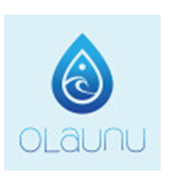
Olaunu (San Clemente, CA) provides stormwater resource and coastal zone management consulting services to improve water quality in oceans and waterways, improve water resources and access to clean water, while protecting the natural environment. Trademark: OLAUNU®

Genmoji (San Juan, PR) develops, manufactures and installs renewable energy and wind energy recovery technologies and artificial intelligence software, focusing on sustainability, efficiency and significant reductions in greenhouse gas emissions, serving communities facing ongoing challenges with traditional energy infrastructure, particularly following major natural disasters. Trademark: GENMOJI®

World Centric offers more than 400 plant-based, compostable products, including cutlery, plates, bowls, cups, trays, takeout containers and lawn bags, designed to reduce environmental impact. As a company committed to using business for good, it donates 25% of profits to grassroots initiatives that empower communities and drive sustainable change. Trademark: World Centric®
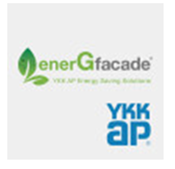
YKK AP America Inc. (Atlanta, GA) is committed to improving environmental sustainability, both in its exterior products and in its internal manufacturing processes, and provides energy-efficient aluminum as a building material, including doors, windows, entrances, storefronts, sunshades, and curtain walls. Trademark: ENERGFACADE®
USPTO's 2024 Patents for Humanity:

Emrgy (Atlanta, GA) has developed a hydrokinetic technology that enables distributed renewable energy generation through innovative hardware and software systems, transforming unpowered water delivery infrastructure into clean energy.
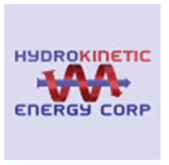
Hydrokinetic Energy Corp. (Key West, FL) has developed a unique technology to accelerate water flow for use in renewable energy sources, including ocean, tidal and river flows.
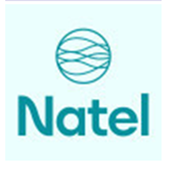
Natel Energy (Alameda, CA) has developed the Fish-Safe Restorative Turbine (RHT) – a high-performance turbine runner that allows fish to safely pass through the turbine, protecting biodiversity while generating reliable, renewable energy.
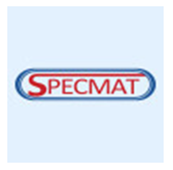
SpecMat (Warren, OH) has developed an innovative technology called the Room Temperature Wet Chemical Growth (RTWCG) process that simplifies the production of solar cells. It increases throughput by 40 percent, eliminates thermal processing, uses less electricity, and provides higher efficiencies compared to conventional techniques.

Wind Harvest International, Inc. (Davis, CA) develops new, utility-scale wind turbines for use in medium-sized wind resources, including the understory vegetation at the world's windiest wind farms and in locations that other large turbines cannot reach.

ZeroAvia, Inc. (Hollister, CA), develops scalable hydrogen and electric propulsion technologies that are different from traditional aviation power systems, significantly reducing environmental damage and costs.
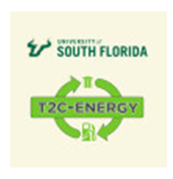
University of South Florida: T2CE Biofuels (Tampa, FL) produces T2CE Biofuels (Tampa, FL), which converts everyday waste (such as household garbage, solid waste, agricultural waste, and sewage) into diesel, marine, and aviation fuels.
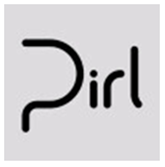
Pirl (Rockville, MD) is developing a next-generation electric vehicle charger consisting of easily accessible and removable internal components, thereby reducing maintenance costs, increasing uptime, and reducing electronic waste.
联系咨询
 | Get exact prices For the country / regionE-mail: mail@yezhimaip.com |

